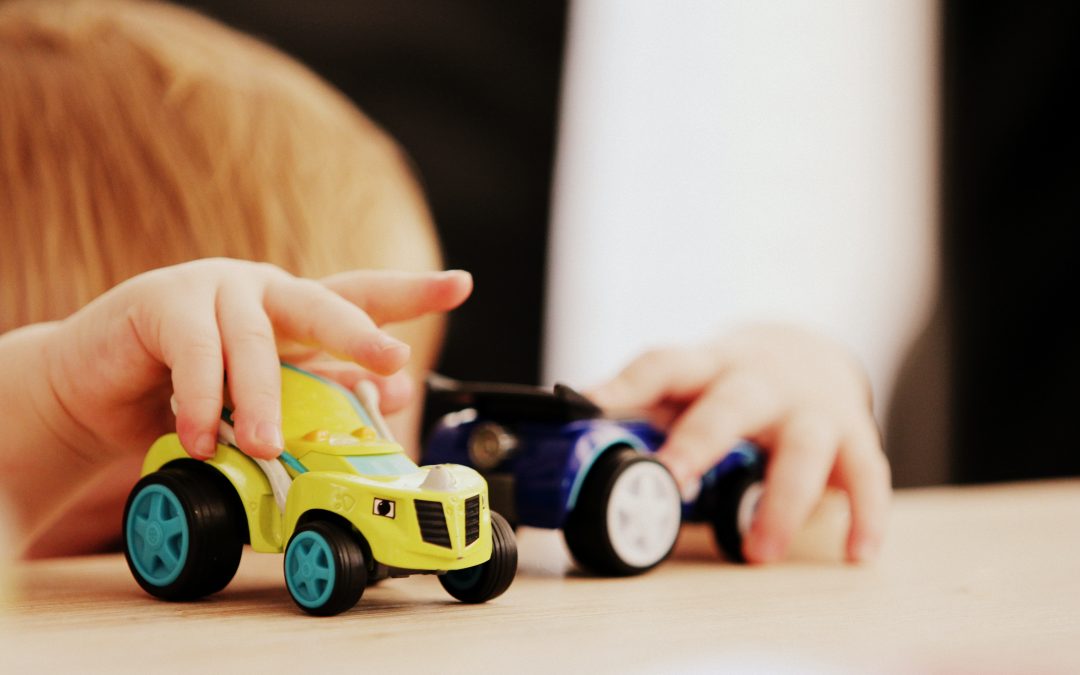Play therapy is a form of psychotherapy that uses play and toys to help children express themselves and deal with emotional difficulties. Children who are struggling with behavioral, emotional, or social problems may find it difficult to communicate their feelings through words. Play therapy provides a safe and supportive environment where children can use toys and games to express themselves and work through their issues. In this article, we will explore the benefits of play therapy for children, including emotional regulation, improved communication skills, increased self-esteem, healing from trauma, and improved relationships.
1. Emotional Regulation
One of the most significant benefits of play therapy is that it helps children regulate their emotions. Through play, children can explore and express their feelings in a non-threatening way. Play therapy provides a safe space where children can learn to identify and manage their emotions. For example, a child who is struggling with anger issues may use play therapy to learn healthy ways to express their anger and manage their emotions.
2. Improved Communication Skills
Children who struggle with communication can benefit greatly from play therapy. Play therapy provides a non-verbal way for children to express themselves and communicate their feelings. Children may use toys, puppets, or other objects to act out their emotions and experiences. Play therapy can also help children develop language skills as they learn to describe their play experiences to their therapist.
3. Increased Self-Esteem
Play therapy can also help increase a child’s self-esteem. In play therapy, children have the opportunity to make choices, solve problems, and take risks. As they engage in play, they learn to trust themselves and their abilities. When children feel confident in their abilities, they are more likely to take risks and try new things.
4. Healing from Trauma
Play therapy can be an effective way to help children heal from traumatic experiences. Trauma can have a significant impact on a child’s emotional and psychological well-being. Play therapy provides a safe and non-threatening way for children to process their trauma. Through play, children can explore their feelings and experiences and work through their trauma in a supportive environment.
5. Improved Relationships
Finally, play therapy can help improve a child’s relationships with others. As children learn to express themselves and regulate their emotions, they are better equipped to form healthy relationships with others. Play therapy can also help children develop empathy and understanding for others as they learn to see things from different perspectives.
Conclusion
We hope this article proves to be useful when it comes to helping you gain a better understanding of what play therapy is and how beneficial it can actually be. As you can see, play therapy is a powerful tool for helping children work through emotional and behavioral challenges. Through play therapy, children can learn to regulate their emotions, communicate effectively, increase their self-esteem, heal from trauma, and improve their relationships with others. If you have a child who is struggling with emotional or behavioral issues, consider seeking out a play therapist who can help your child work through their challenges in a safe and supportive environment.
Crossroads Collective is here if your child needs play therapy in Langley! The creative process is an essential tool for self-expression and can help facilitate healing and growth. Contact us for more details!

